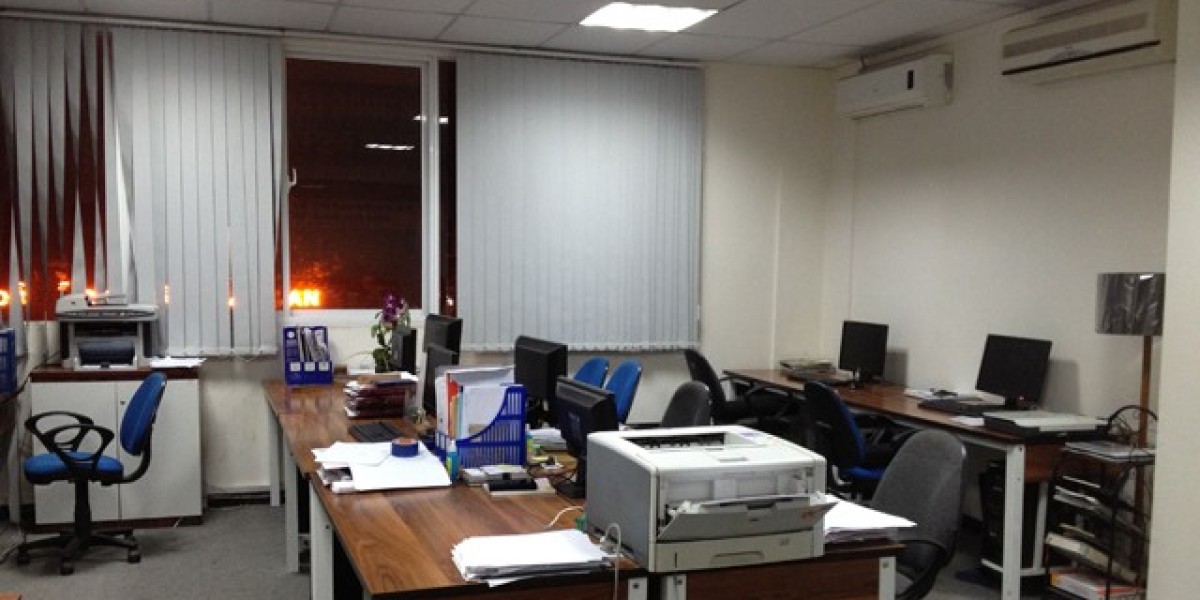Living with a facial nerve condition can have profound psychosocial implications. Many individuals expertise emotions of tension, depression, and social isolation as a result of their altered look and compromised capability to express emotions. Support teams and counseling could be invaluable sources, permitting patients to connect with others who share similar experiences. It's vital for healthcare suppliers to recognize these challenges and incorporate psychological help into the remedy protocol.
Advancements in Hearing Aid Technology
The landscape of listening to aids is repeatedly evolving, thanks to rapid technological advancements. Modern listening to aids now provide options similar to Bluetooth connectivity, allowing users to hyperlink their devices to smartphones and other audio sources for seamless streaming of music and calls. The ongoing innovation within hearing aids ENT practice not only enhances usability but also considerably improves affected person satisfactio Additionally, the introduction of rechargeable batteries has eradicated the need for frequent battery adjustments, providing convenience for users. Advanced sound processing capabilities allow these devices to automatically adjust to different environments, whether in a crowded restaurant or a quiet residence.
A thorough assessment of facial nerve integrity not solely aids in restoring function but can additionally be vital for addressing the psychosocial implications people face when coping with facial paralysis or weak point. Facial nerve conditions characterize a major challenge in otolaryngology, typically resulting in profound impacts on a patient's high quality of life. Disorders affecting this nerve, together with Bell's palsy, acoustic neuromas, and nerve injuries, necessitate a comprehensive understanding of each anatomy and pathology throughout the ear, nose, and throat (ENT) domain. The facial nerve, answerable for the motion of facial muscles, plays a crucial position in expressions, communication, and even fundamental functions such as eating and ingesting. ENT specialists are uniquely positioned to diagnose and handle these situations, employing a multidisciplinary approach which will encompass surgical intervention, medical administration, and rehabilitative therapies.
Rehabilitation not only aims to revive functional capability but also addresses the emotional and psychological features of facial nerve circumstances, important for enhancing quality Common Causes of Stomach Pain Diagnosed by Endoscopy life. The Role of Rehabilitative Therapies
Rehabilitative therapies are pivotal in the restoration course Common Causes of Stomach Pain Diagnosed by Endoscopy for patients experiencing facial nerve situations. These plans might embody facial workout routines to strengthen weak muscle tissue, in addition to methods to enhance communication and swallowing. Occupational therapists and speech-language pathologists usually collaborate with ENT specialists to develop personalised rehabilitation plans. Biofeedback techniques can be useful, serving to patients achieve awareness of their facial actions.
 Innovations in telemedicine and distant monitoring are also making it simpler for specialists to comply with up with sufferers and regulate device settings. The Future of Cochlear Implant Services
Innovations in telemedicine and distant monitoring are also making it simpler for specialists to comply with up with sufferers and regulate device settings. The Future of Cochlear Implant Services Looking forward, the sphere of cochlear implant companies is poised for exciting developments. Cochlear implant ENT specialists are at the forefront of this evolution, with ongoing analysis focusing on bettering surgical methods, expanding candidacy standards, and enhancing gadget functionality. As consciousness grows and expertise advances, cochlear implants promise to turn into even more accessible, enabling extra people with listening to loss to regain their ability to speak effectively.
These specialists possess in-depth information of the intricate anatomy of the ear, the mechanics of hearing, and the surgical procedures essential for cochlear implantation. An ENT specialist focusing on cochlear implants is a crucial healthcare skilled devoted to evaluating, diagnosing, and managing patients who could benefit from this advanced auditory expertise. As the demand for this progressive answer grows, the role of the cochlear implant ENT specialist turns into more and more vital in offering customized care, optimizing auditory rehabilitation, and bettering the general high quality of life for these affected by listening to loss. Cochlear implants have revolutionized the method to listening to loss therapy, offering newfound hope for people with severe to profound hearing impairment.
Each member plays a job in ensuring that the patient receives holistic care tailor-made to their particular state of affairs. This collaboration could include audiologists, speech therapists, social employees, and educators, all of whom contribute distinctive experience. For occasion, speech therapists assist with language development in children, while adult sufferers could profit from counseling aimed toward adjusting to their new auditory world. Such teamwork enhances the overall effectiveness of the cochlear implant program, guaranteeing that sufferers thrive of their auditory journey. Collaboration with Multidisciplinary Teams
Cochlear implant ENT specialists often work inside multidisciplinary teams to provide complete care for patients.







